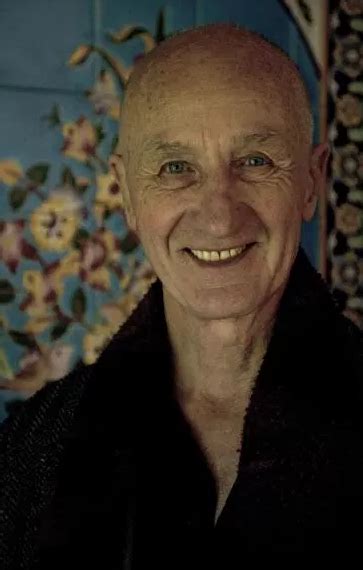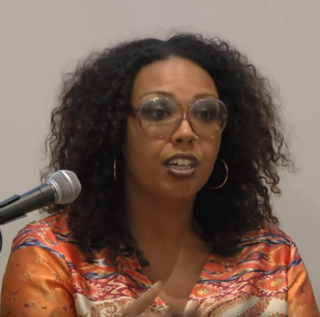A Quote by Nadine Gordimer
Literature is one of the few areas left where black and white feel some identity of purpose; we all struggle under censorship.
Quote Topics
Related Quotes
I wanted to make sure the focus [in The Land] was on human beings themselves and their decisions, but still connected to the urban environment that people associate as being black. I think I was able to make a film without commenting on "black this or black that" and you still feel the presence of it. There's no one character who's saying "we're all black and we're all in this struggle." It's that you just feel it. Some of that is because we get the sense from a lot of independent films that black people struggle all the time.
I'm just challenging white supremacy at its intellectual heart every day. It's a pedagogy that I deploy against some of the most vicious resistance to blackness that whiteness is able to throw up. I engage in a lot of intellectual combat with supremacists and with the predicate of white supremacy and white indifference to black identity, and brown and red and yellow identity too, for that matter.
But you see, our society is still trapped in this binary, black/white logic and that has had some very positive implications for our generation. It's had some very negative ones as well and one of the negative ones is that it creates enormous identity problems for people who have one black ancestor and all white ancestors for example.
I have a perhaps naive point of view informed by my own kind of snowflake-in-the-unique-sense rather than the political sense, personal story. I mean I feel like my experiences are so hard to map onto any kind of generalized identity. For example, I'm a black person, but I come from a very particular black experience which is not unlike the experience of the Barack Obama. I have an African mother and a white father and I feel like I have a different experience of being a black person as a result of that identity than someone who is from the descendants of slaves.
Struggle has a natural place in our life, but the fight or flight syndrome is often false struggle. There are times for that but we can have that reaction in areas of our life where it's not successful. Areas that concern existential issues or qualities of life - like meaning or purpose or love. These things actually come to us more as we let go of struggling to achieve them.





































